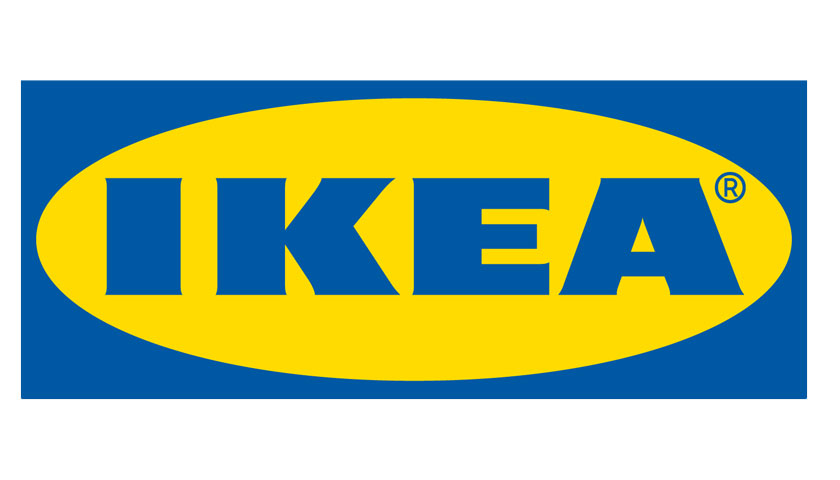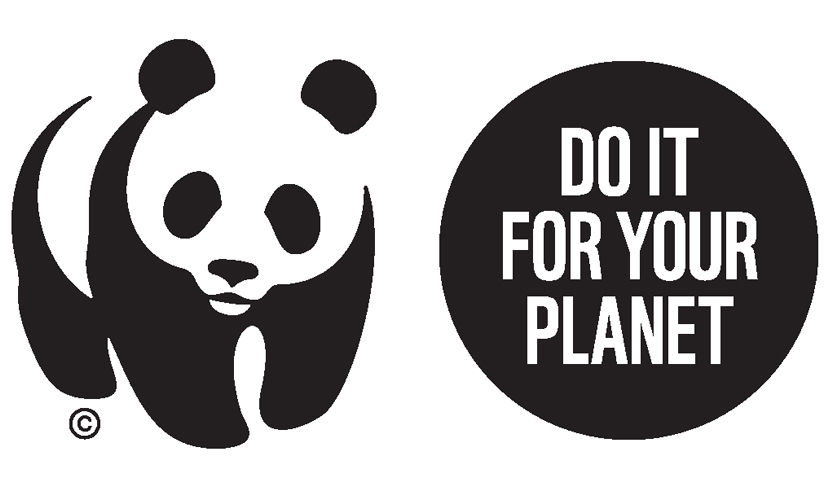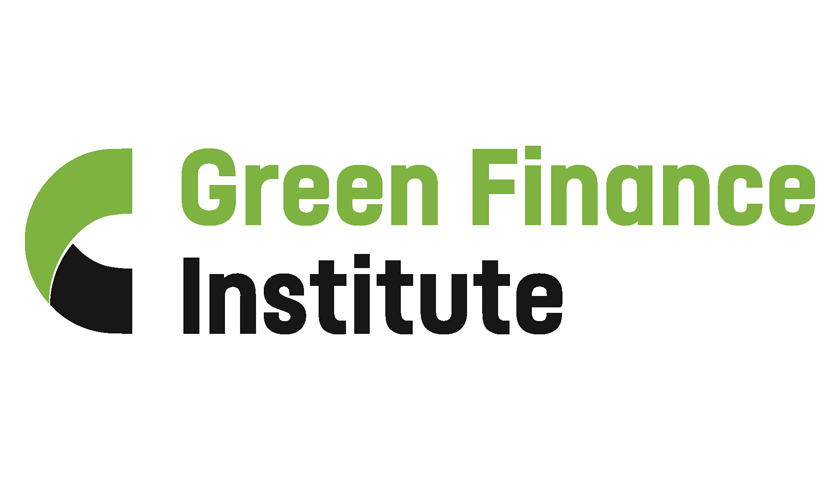Since 2002, WWF and Inter IKEA Group have partnered in projects focusing on forests, climate, cotton, and freshwater to protect key landscapes, enhance biodiversity, and empower communities. Today, the partnership announced the next phase until 2030, continuing its work within forests and freshwater while taking a wider stance on agriculture. WWF and IKEA have worked together to promote responsible management and protection of natural resources through joint projects in 23 countries, across Europe, Asia and South America. The new phase of the partnership will run from 2025 to 2030 and…
Read MoreTag: WWF
Lovejoy Prize Awarded at Climate Week NYC
The second Thomas E. Lovejoy Prize was awarded last night to an exceptional leader who has led innovative approaches to advance the conservation of the Amazon rainforest. The recipient of this year’s prize is Martín von Hildebrand, an ethnologist and anthropologist with 50 years of experience defending Indigenous peoples’ rights and advancing the conservation of the rainforest. He was celebrated during a ceremony held at the Wildlife Conservation Society’s Central Park Zoo during New York City’s annual Climate Week. The Thomas E. Lovejoy Prize was created to honor the legacy…
Read MoreScaling investment into nature is critical to achieving government’s growth ambitions
The GFI and WWF have published a new report, the “Business Investment in Nature: Supporting UK Economic Resilience and Growth”, demonstrating how a degraded natural environment is negatively impacting businesses across the UK, and therefore hindering economic growth. At the same time, the report shows how swift and coordinated action can secure the UK’s future growth trajectory by building resilience, improving productivity, and leading in the technologies, materials and financial products that are needed to reduce business impacts on nature and support its restoration. Should action not be taken, there…
Read MoreScaling investment into nature is critical to achieving government’s growth ambitions
The GFI and WWF have published a new report, the “Business Investment in Nature: Supporting UK Economic Resilience and Growth”, demonstrating how a degraded natural environment is negatively impacting businesses across the UK, and therefore hindering economic growth. At the same time, the report shows how swift and coordinated action can secure the UK’s future growth trajectory by building resilience, improving productivity, and leading in the technologies, materials and financial products that are needed to reduce business impacts on nature and support its restoration. Should action not be taken, there…
Read MoreFour Million Hectares of Forest Benefit Under WWF’s Forests Forward Program
WWF’s new Forests Forward Impact Report reveals that 26 leading companies, including US-based businesses, from nine sectors are improving forest management or going beyond responsible sourcing to support forest conservation projects around the world. Through Forests Forward, WWF’s flagship program for corporate leadership on forests, WWF projects financed by private sector partners are helping conserve a total forest area of 1.3 million hectares in some of the most vital and vulnerable landscapes through actions such as forest restoration. An additional 2.7 million hectares of tropical forest are benefiting from improved…
Read More

